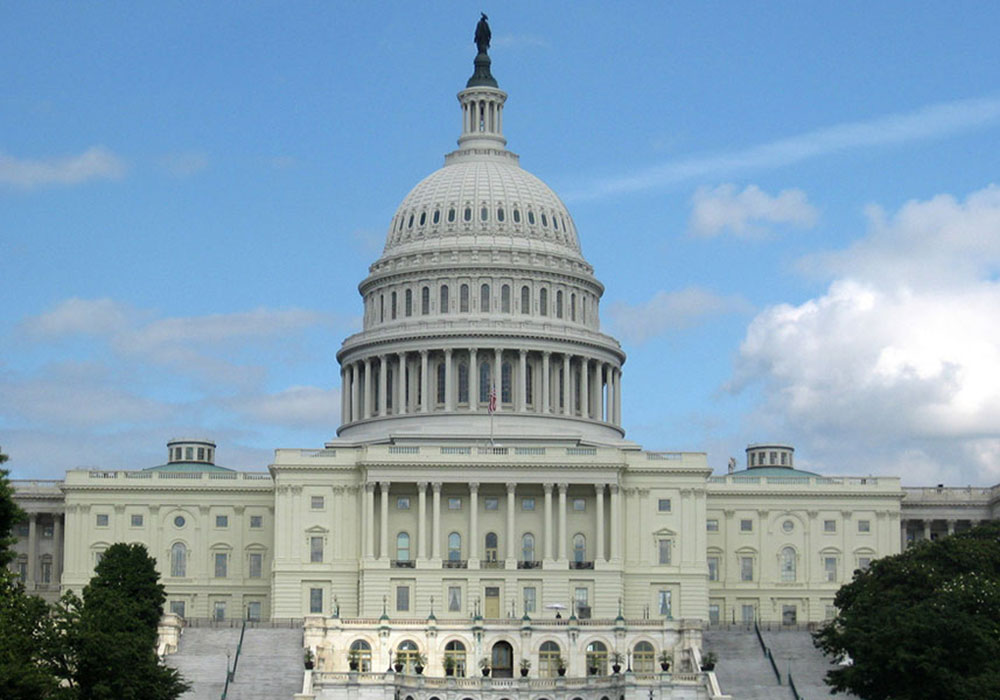Health Policy Remains Priority as Longest Shutdown in History Ends
After a contentious 35-day-long shutdown, President Trump announced on January 25, 2019, plans for a temporary deal to reopen the government for a three-week period while talks continue on border security and immigration. Neither party seems optimistic that compromise can happen by the February 15 deadline, and the future is still uncertain.
With only three weeks to tackle policy issues before the current deal expires, healthcare topics like high prescription drug costs, pre-existing condition coverage, and access to care in underserved community are on the docket for debate this week. Furthermore, the Energy and Commerce Committee will hold a hearing on Thursday, January 31, to focus on agencies directly impacted by the long-term shutdown, including the U.S. Food and Drug Administration and Indian Health Services.
As one of the top domestic issues for Americans, healthcare policy remains a central advocacy platform, and newly-elected officials want to make sure their constituents are heard and their healthcare campaign promises are fulfilled. ONS will stay active and involved as discussions continue and the government returns to normal.
FDA Threatens to Pull E-Cigarettes Off the Market
Vaping and electronic cigarettes—originally intended to be step-down smoking cessation aids—have become the latest craze. E-cigarette users are creating an entirely new market with huge profits for the tobacco industry. Worse than that, the flavors offered in nicotine pods are enticing a new generation of young American smokers. After repeatedly issuing citations to manufacturers about curbing marketing for young users, the U.S. Food and Drug Administration (FDA) recently warned it could potentially ban e-cigarettes entirely if trends don’t change.
Instead of helping to wean users from tobacco, vaping mechanisms are reigniting tobacco use in underage children, with a measurable spike in usage in 2018. The call for an outright ban is new, but the messaging from the U.S. Food and Drug Administration remains consistent: curb the rising vaping rates among youth or else. ONS testified before a Virginia state senate committee this week in support of increased taxes on vaping products and e-cigarettes. The bill passed and was sent to an authorizing committee. ONS will continue to be part of the discussion for how to alert the public about this impending health issue.
CMS Announces New Model to Lower Drug Prices in Medicare Part D and Transformative Updates to Existing Model for Medicare Advantage
A popular bipartisan issue, tackling the high cost of prescription drugs has been a common call to action from both sides of the aisle. As part of previous policy announcements, the Trump administration presented blueprints that would cut down soaring drug costs. Recently, the Department of Health and Human Services announced new changes to Medicare Part D, signaling further commitment from the current administration.
Recent conversations on Capitol Hill have suggested aligning drug costs with foreign marketplaces, a plan that’s curried favor with the Trump administration and House Democrats alike. The new Medicare Part D pricing model is a step in the right direction in terms of lowering costs for patients, but plenty of work still must done. High prescription costs are just one of the many factors that affect patients with cancer and the burden of financial toxicity.
Uninsured Rate at Highest Level Since 2014
Most Americans receive some form of healthcare coverage from their employers. Although that number varies, it has acted as a safety net for 80% of Americans for decades. However, the intent of developing the Affordable Care Act (ACA) was to create state-based programs that allow people to purchase essential benefits like screenings, prescription coverage, and insurance for major emergencies for themselves and their families. But with the repeal of the ACA’s individual mandate requiring Americans to have insurance, uninsured rates are now at the highest level since 2014.
As part of the GOP’s repeal and replace campaign, the Department of Health and Human Services concentrated its efforts on defunding and incrementally dismantling ACA. Within that plan, the GOP cut the funding and time allowed for annual renewal and enrollment opportunities. By doing so, fewer people were aware of the process and fewer signed up. Once the deadline passed, they were forced to wait until the next annual enrollment period. Enrollment numbers show that when given the chance, people seek that coverage. However, the entire constitutionality of ACA is still being fought over in both the U.S. Congress and the court system. It will likely take years to resolve. Until then, ONS will work to ensure that affordable and accessible health care is a priority for policymakers.






